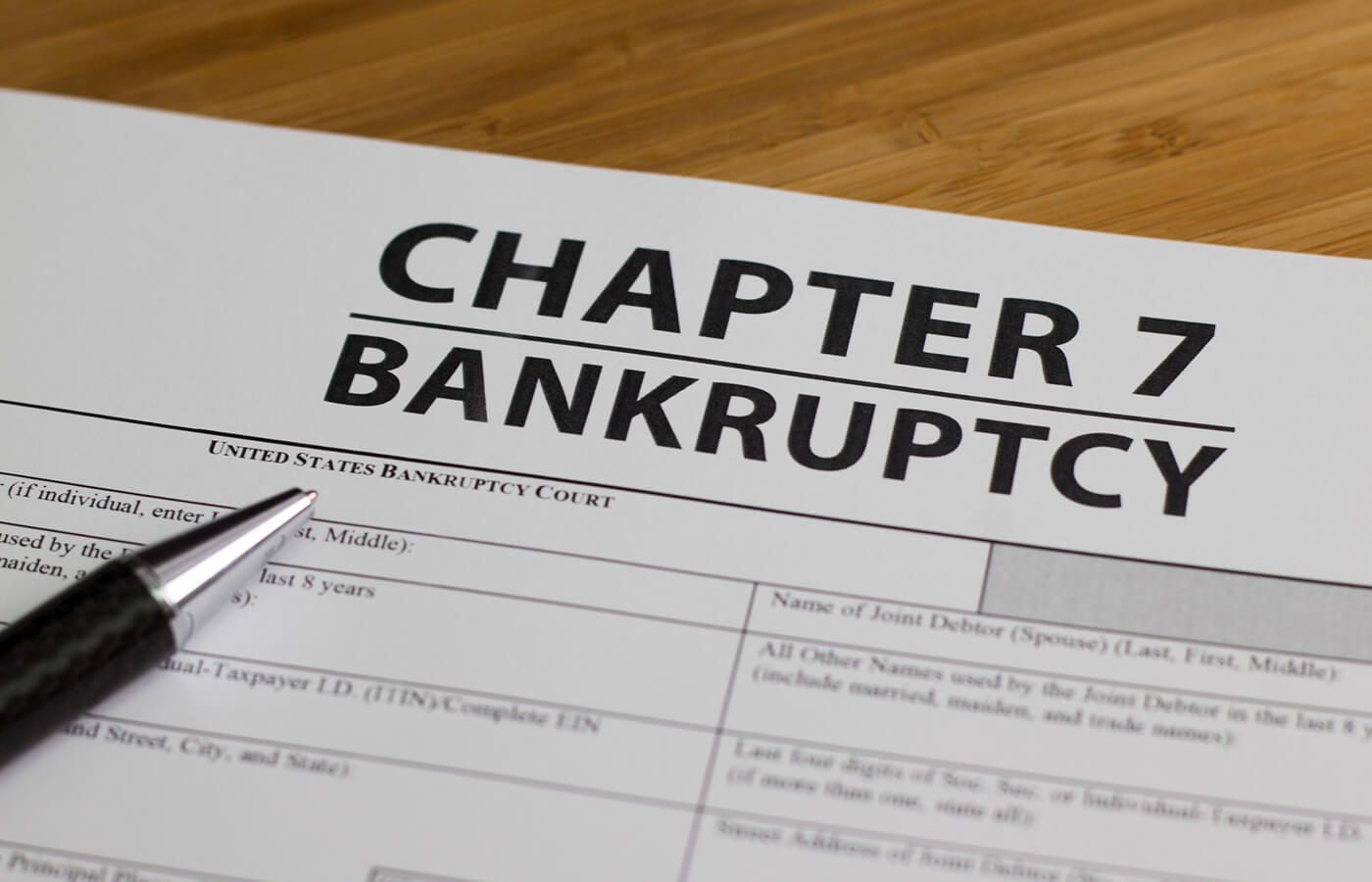
If you’re struggling with debt and considering bankruptcy, it’s essential to understand the ins and outs of Chapter 7 bankruptcy. This user-friendly guide will provide a clear definition, outline the process, discuss eligibility requirements, and offer tips and advice for those considering filing. Our goal is to help you make an informed decision and understand the consequences of filing for bankruptcy.
What is Chapter 7 Bankruptcy?
Chapter 7 bankruptcy, also known as “liquidation bankruptcy,” is a legal process that helps individuals eliminate most of their unsecured debts, such as credit card debt, medical bills, and personal loans. In exchange for this debt relief, the bankruptcy trustee may sell some of your non-exempt assets to repay your creditors.
Types of Debts Discharged in Chapter 7 Bankruptcy
Common types of debts that can be discharged in Chapter 7 bankruptcy include:
- Credit card debt
- Medical bills
- Personal loans
- Utility bills
- Some tax debts (subject to specific conditions)
However, certain debts cannot be discharged, such as:
- Student loans (unless undue hardship is proven)
- Child support and alimony
- Recent tax debts
- Debts resulting from fraud or malicious acts
The Chapter 7 Bankruptcy Process
The Chapter 7 bankruptcy process typically involves the following steps:
- Credit counseling: Complete a pre-bankruptcy credit counseling course within 180 days before filing.
- Filing the bankruptcy petition: Submit the necessary forms and documentation to the court, including a list of your debts, assets, income, and expenses.
- Automatic stay: Once your petition is filed, an automatic stay goes into effect, preventing creditors from taking any further collection actions against you.
- Meeting of creditors: Attend a meeting with the bankruptcy trustee and your creditors to review your case.
- Liquidation of non-exempt assets: The trustee may sell any non-exempt assets to repay your creditors.
- Discharge: After completing the process, most of your eligible debts will be discharged, meaning you are no longer legally obligated to repay them.
The entire Chapter 7 bankruptcy process typically takes between three to six months.
Eligibility Requirements for Chapter 7 Bankruptcy
To qualify for Chapter 7 bankruptcy, you must meet the following requirements:
Pass the “means test”: This test compares your income to the median income in your state. If your income is below the median, you likely qualify for Chapter 7.
Complete credit counseling: You must complete a pre-bankruptcy credit counseling course within 180 days before filing.
Tips for Those Considering Filing for Chapter 7 Bankruptcy
Consult with a bankruptcy attorney: They can help you determine if Chapter 7 is the right option and guide you through the process.
Gather all financial documents: Organize your financial records, including bank statements, pay stubs, and tax returns, to make the filing process smoother.
Be honest and transparent: Disclose all your debts, assets, income, and expenses accurately in your bankruptcy petition.
Consequences of Filing for Bankruptcy
Filing for Chapter 7 bankruptcy has several consequences, including:
A negative impact on your credit score: Bankruptcy can remain on your credit report for up to 10 years.
Difficulty obtaining new credit: Lenders may be hesitant to approve loans or credit cards after bankruptcy.
Loss of non-exempt assets: Some of your assets may be sold to repay creditors.
Rebuilding Credit After Bankruptcy
After completing the Chapter 7 bankruptcy process, consider the following tips to rebuild your credit:
Obtain a secured credit card: This can help you establish a positive payment history.
Create a budget and stick to it: Develop responsible financial habits to prevent future debt problems.
Monitor your credit report: Regularly review your credit report for errors and track your progress.
Conclusion:
Chapter 7 bankruptcy can provide relief from overwhelming debt, but it’s crucial to understand the process, eligibility requirements, and consequences before deciding to file. By following the tips provided and working to rebuild your credit after bankruptcy, you can work towards a fresh financial start. If you’re unsure about whether Chapter 7 bankruptcy is right for you, consult with an Alabaster bankruptcy attorney to discuss your specific situation.